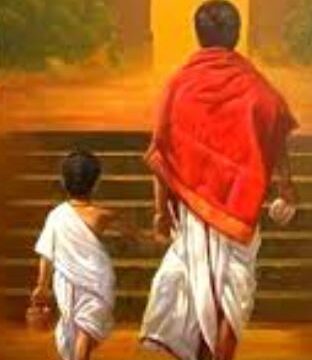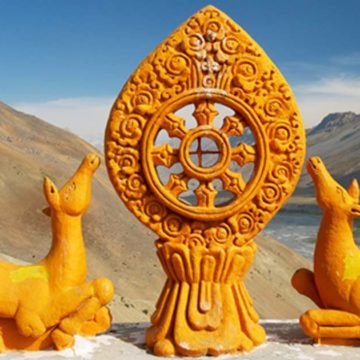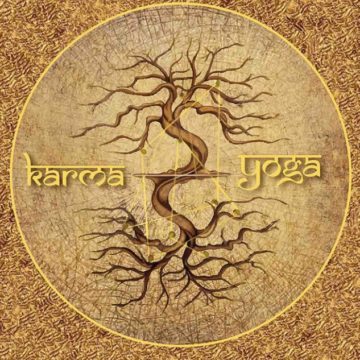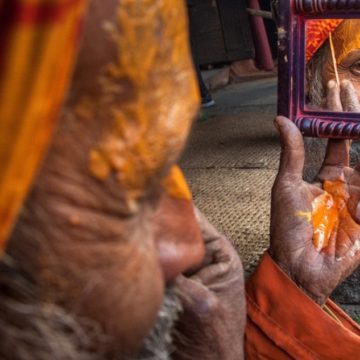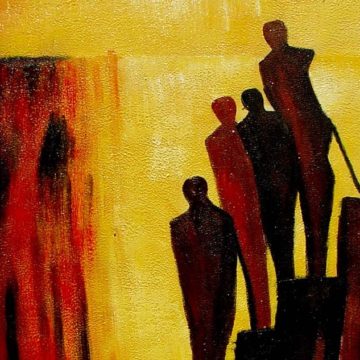It is one of the strangest ironies that, despite being an intricate part of our daily lives, we do not have any theory explaining Varna, Jati, and Kula. It is also not clear whether caste, understood as a class system, can be the foundation for understanding the complex arrangement of Varnas and Jatis in Indian society. One of the biggest sources of contradictory strands is the issue of whether Varna is by birth or not.
Chittaranjan Naik concludes that birth is not the cause of Varna, as popularly understood; it is the identifier.
Tag: karma
Libertarian Paternalism and Dharma
Authority might suppress individual rights and wants, while individual liberty might lead to internal conflicts within the society or sub-optimal collective growth.
The concept of Nirashrayatva in the Gita
A powerful concept for the Karma Yogi though mentioned only once in the Gita.
Nachiketa and the Secret of Death
The young Nachiketa approaches Yama as directed by his father and is granted three wishes for his bravery.
Humour in Hinduism – Part 2
Criticism is inherent to Hinduism and hence the urge to mock arises but unlike other religions, it does not trigger damnation.
Caste — According to Ananda Coomaraswamy
Deriving spiritual contentment out of work that suited one's disposition was considered more worthy than being disillusioned by a job which was contrary to one's nature.
Karma in Advaita Vedanta
In the vedantic view, karma must be shunned to make way for knowledge. However, what constitutes karma is not outward action but the feeling of 'doership'.

